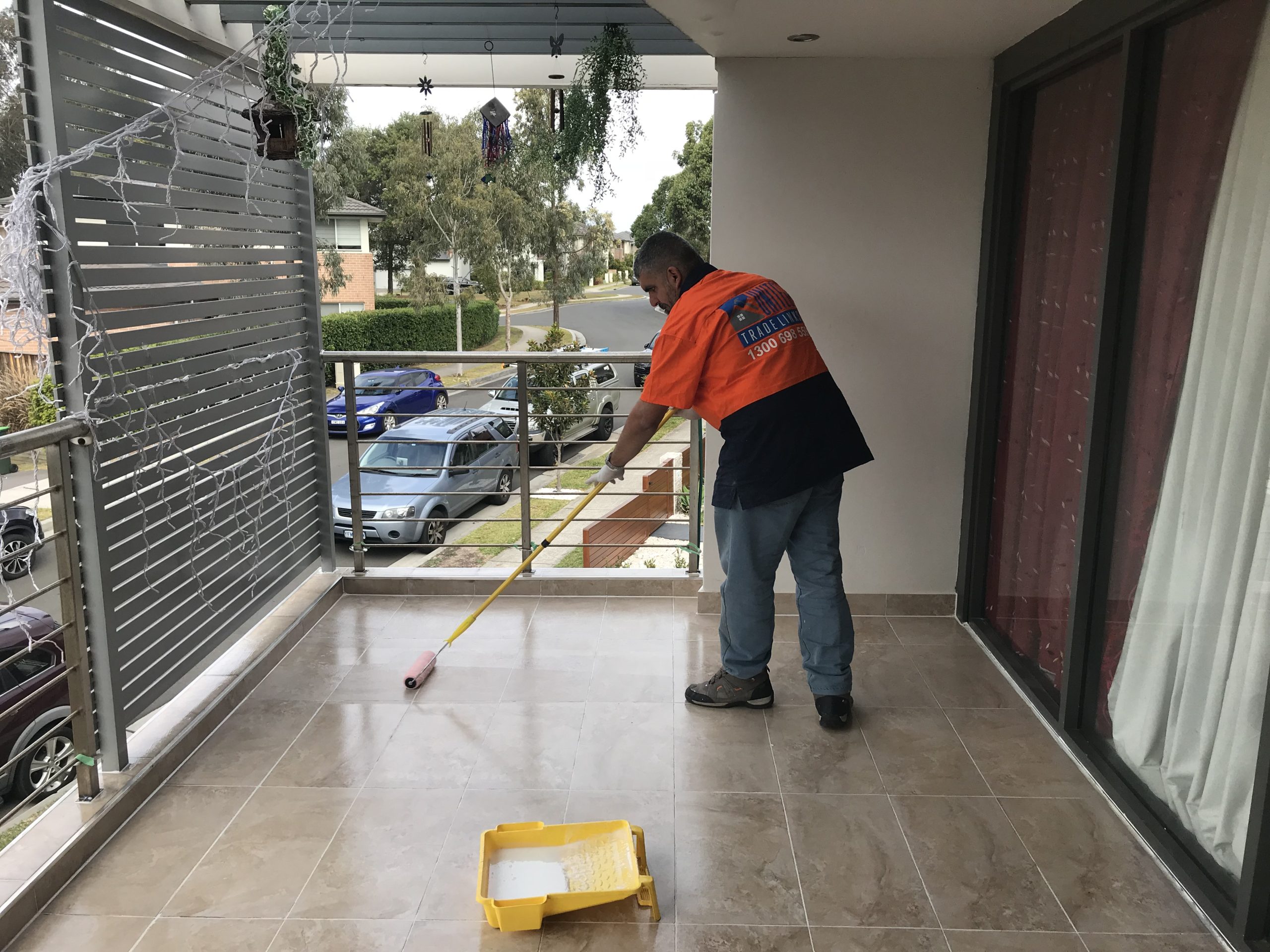Mold and mildew can grow on tiles, especially in the monsoons. This can be dangerous for your health. You have a much higher chance of slipping and falling while walking on spores. Therefore, it’s essential that you start treating them right away.
To help you get rid of these spores, you can speak with a tile and grout cleaning expert. However, if you want to learn how to prevent mould in your house, here is a guide that can help you.
1) You need to control the humidity
Mould usually comes up due to excess humidity. So, it would help if you implemented measures to allow proper airflow in your house. You can set up exhaust fans in the bathroom and kitchen areas. This can allow the moisture to be soaked up and thus avoid the spread of spores.
2) Implement regular cleaning
You must ensure that you properly clean and maintain your tiles periodically. This can be done by using a detergent and by gentle scrubbing. It would be best if you wiped the floor thoroughly because sometimes soap particles remain behind. This can also contribute to moisture, leading to mold growth.
3) Use natural solutions
There are numerous natural treatments available to stop the growth of fungus. Baking soda and vinegar are two eco-friendly and efficient cleaning and fungus reduction solutions.
4) Check for leakage
Water leakage in your home can be the major cause of mold infestation. So, you need to check for any leakages in your home and act on them quickly. You can consult an expert to solve your leakage problems. In doing timely repairs, you can prevent the accumulation of excess moisture, thus safeguarding your home.
5) Apply grout sealing
Grout sealing is a useful mold prevention technique. Because grout is so prone to moisture, spores can easily infiltrate it. Sealing keeps moisture and water out, and a protective barrier is formed. However, you need to keep the tile surface and grout dry and clean during this process. With the right experts in tile and grout cleaning, you can keep mould out of your house.
6) Invest in materials resistant to mold
These tiles are treated with a lot of chemicals to prevent the formation of fungus. Thus, investing in these tiles may result in savings; whether you’re building a new home or remodelling an existing one.
7) Avoid keeping wet items
Mould infections thrive in damp areas, so make sure you don’t keep any wet items on the floor. Towels and bath mats can retain moisture. Hence, you need to ensure that they dry completely between uses. You need to regularly wash and air dry these items to prevent the accumulation of moisture in your bathroom.
8) Regular maintenance of plants
Plants give numerous benefits to us. However, they can also contribute to the increase in moisture levels. You can reduce this by not over-watering the plants and ensuring proper drainage. This can help to avoid the spread of spores around the pot and also keep your plants safe.
9) Keeping basement and storage places clean
Storage spaces and basements are usually overcrowded with things and are damp. This makes them more prone to spore infestation. Periodic cleaning of basement areas and the items can help to keep your storage areas tidy.
10) Avoid using too much humidifiers
Humidifiers are helpful appliances that can help with dry skin-related problems. However, these appliances can cause humidity and thus can increase mould infection.
To sign off
These are some of the basic methods you can incorporate to curb the spread of mold. When you follow steps like controlling humidity and regular cleaning, it can help you maintain your tiles from moulds.
You must also ensure to check the basements for any leakage and must also avoid keeping wet towels or objects on the floor. Along with this, by ensuring the proper maintenance of plants and appliances, you can curb the problems altogether. If spores appear in your house, you can hire the best tile and grout cleaning experts.





